Should festival-goers be allowed to drop off their drugs for testing?
Police chief says recreational drugs assessment could be 'very useful' but is tricky legally
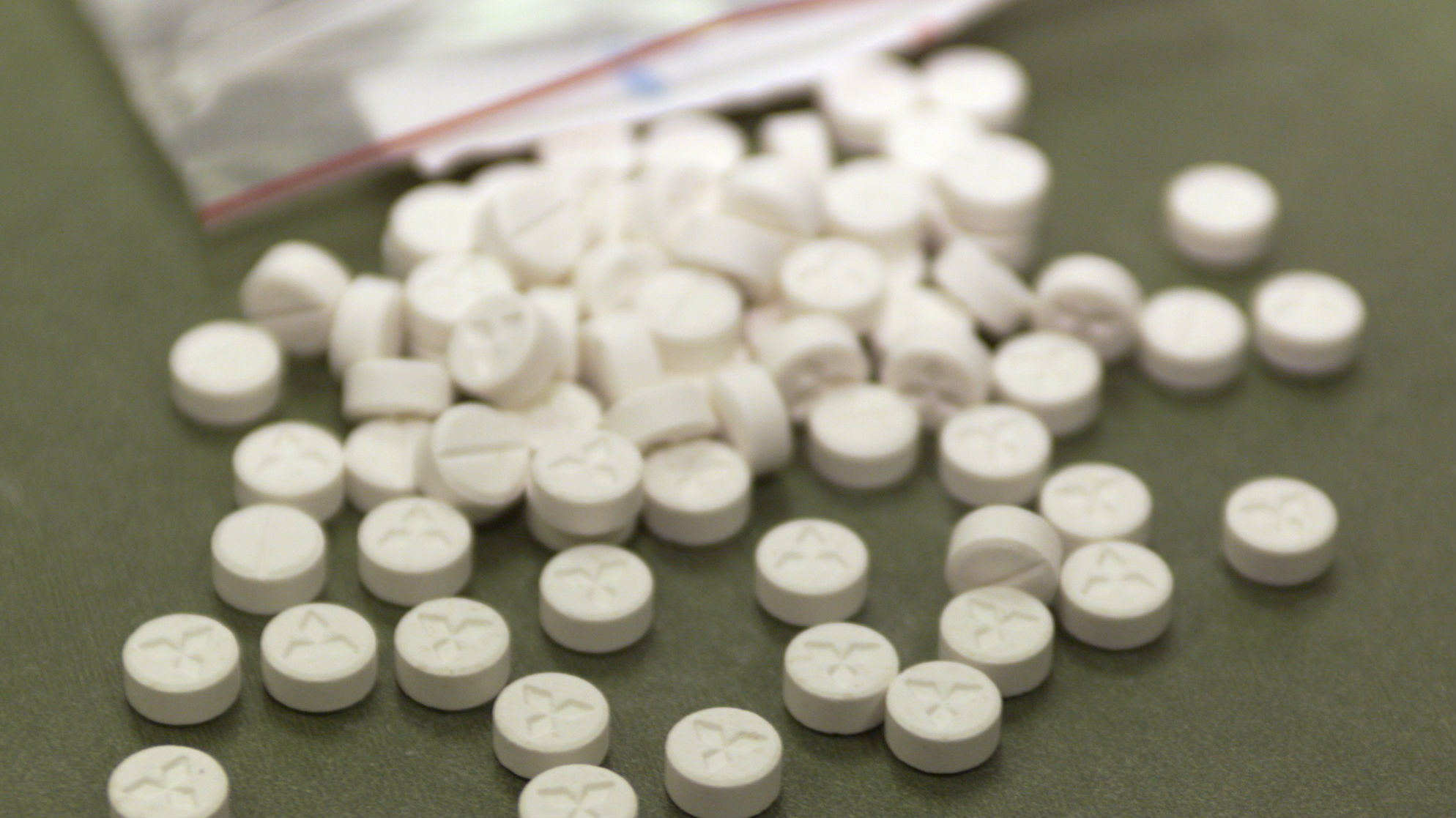
A free daily email with the biggest news stories of the day – and the best features from TheWeek.com
You are now subscribed
Your newsletter sign-up was successful
A UK police chief says that providing facilities for recreational drug users to have pills analysed before taking them could be "very useful", if difficult legally.
It's an approach already taken in Switzerland, Austria and other countries – but could it be adopted in the UK?
How does drugs testing work?
The Week
Escape your echo chamber. Get the facts behind the news, plus analysis from multiple perspectives.

Sign up for The Week's Free Newsletters
From our morning news briefing to a weekly Good News Newsletter, get the best of The Week delivered directly to your inbox.
From our morning news briefing to a weekly Good News Newsletter, get the best of The Week delivered directly to your inbox.
In Switzerland, says the BBC, clubbers buying drugs before a weekend can drop a sample off for testing. A drugs counsellor then tells them what their sample is made from and how strong it is. The counsellor also offers "harm reduction advice".
Have the Swiss legalised recreational drugs?
No. While they have a "more relaxed view", and lower penalties for possession, the Swiss still ban drugs like ecstasy, says the BBC, adding: "Where testing happens, the police appear to turn a blind eye."
What is proposed for the UK?
A free daily email with the biggest news stories of the day – and the best features from TheWeek.com
Drugs testing was trialled at two festivals in the UK this summer: the Secret Garden Party in Cambridgeshire and Kendal Calling in Cumbria. At these events, a "front of house" approach gave festival-goers an almost instant analysis of their recreational drugs.
Has anything similar happened before?
In 2013, after one man died and 13 people were hospitalised because of drug use at the Warehouse Project, a Manchester club, real-time drugs testing was trialled there. The tests were done on drugs confiscated from clubbers, or handed in anonymously under an amnesty. Dangerous results were then relayed to all clubbers by social media and a sign in the club.
What do the police say?
Commander Simon Bray of the Metropolitan Police, who is in charge of drugs policy for the National Police Chiefs' Council, says that testing "may well be very useful". But he adds: "We are not at the position where we can endorse [open drug testing] on a national basis, because there are all sorts of factors you have to consider. It's not straightforward; it can be complex."
So will drugs testing be adopted here?
"Unlikely", says the BBC. But Bray did confirm there had been "plenty of discussion" between the police and Home Office over the pilot schemes.
-
 Labor secretary’s husband barred amid assault probe
Labor secretary’s husband barred amid assault probeSpeed Read Shawn DeRemer, the husband of Labor Secretary Lori Chavez-DeRemer, has been accused of sexual assault
-
 Trump touts pledges at 1st Board of Peace meeting
Trump touts pledges at 1st Board of Peace meetingSpeed Read At the inaugural meeting, the president announced nine countries have agreed to pledge a combined $7 billion for a Gaza relief package
-
 Britain’s ex-Prince Andrew arrested over Epstein ties
Britain’s ex-Prince Andrew arrested over Epstein tiesSpeed Read The younger brother of King Charles III has not yet been charged
-
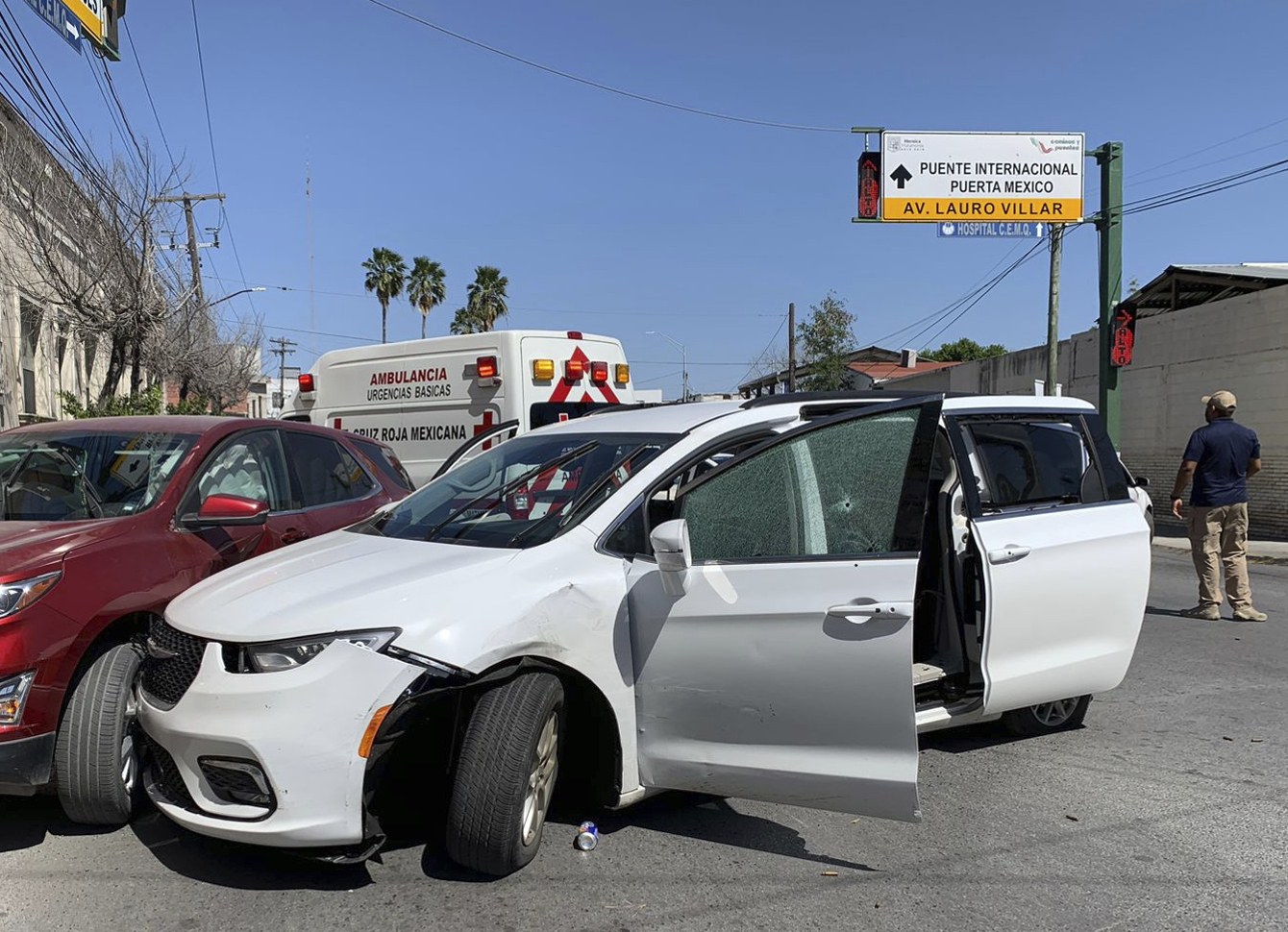 4 Americans kidnapped in Mexico by armed gunmen, 2 killed, FBI says
4 Americans kidnapped in Mexico by armed gunmen, 2 killed, FBI saysSpeed Read
-
 The Week Unwrapped: Seeing stars, prescribing comedy and decriminalising drugs
The Week Unwrapped: Seeing stars, prescribing comedy and decriminalising drugspodcast What will the James Webb Telescope accomplish? Why is the NHS sending people to comedy courses? And are drugs laws about to change in the British capital?
-
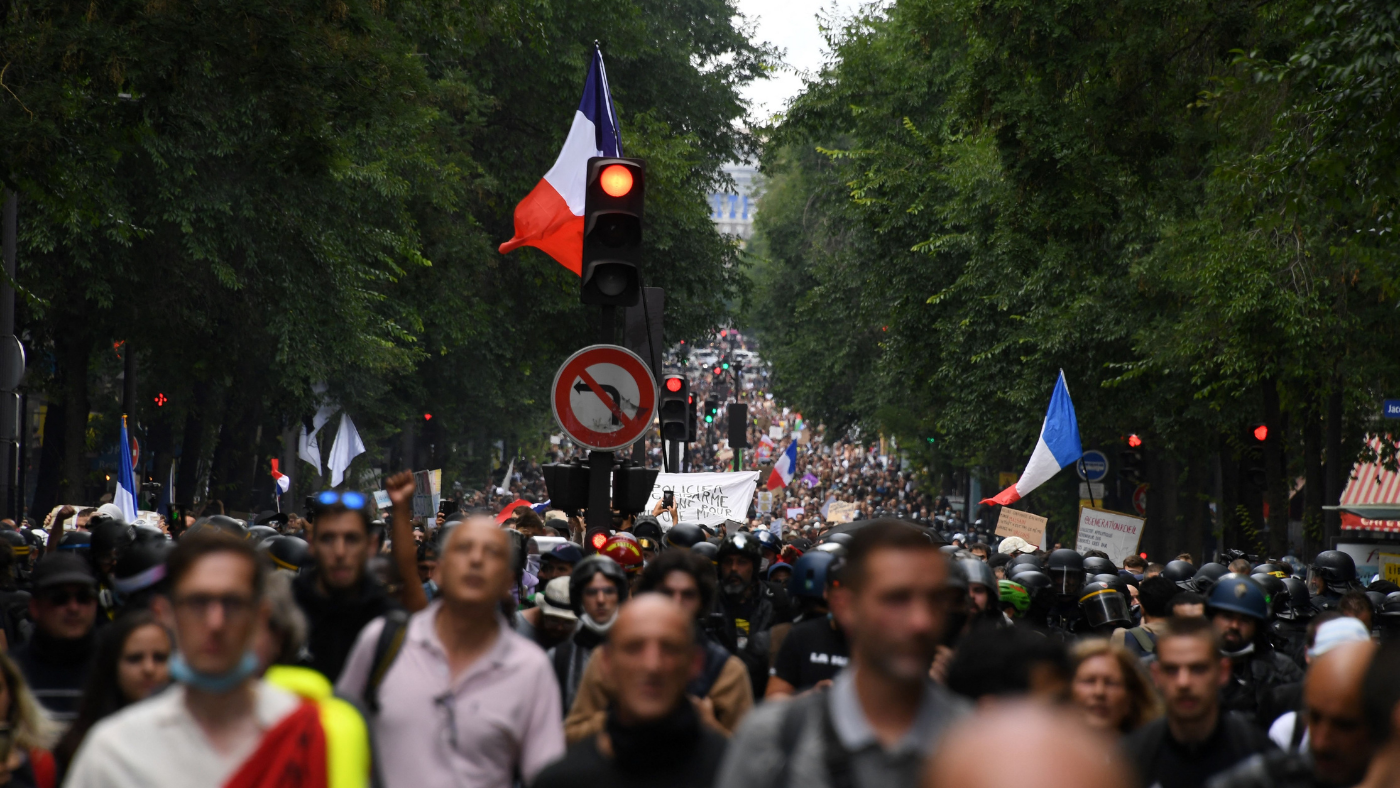 ‘France wouldn’t be France without strikes, protests and police baton charges’
‘France wouldn’t be France without strikes, protests and police baton charges’Instant Opinion Your digest of analysis and commentary from the British and international press
-
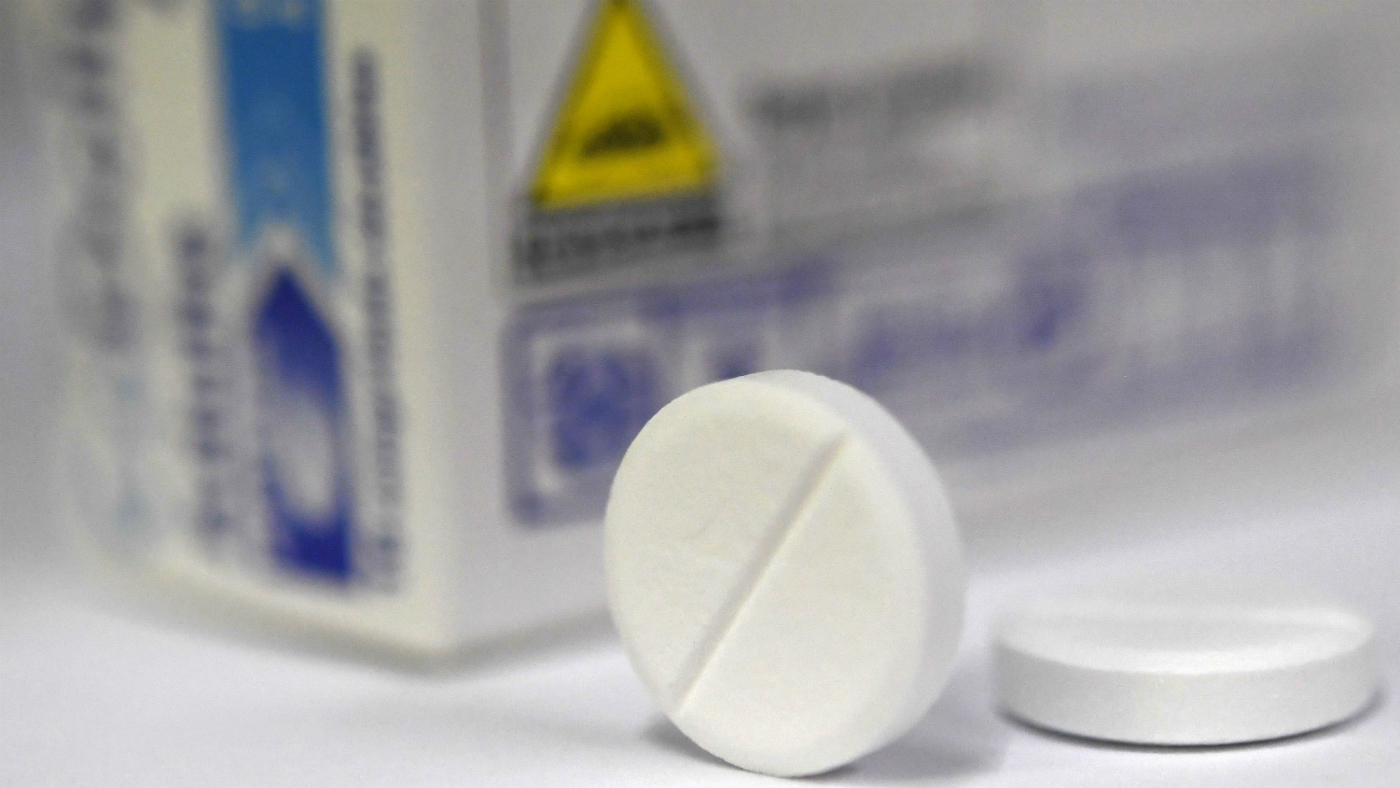 Why codeine deaths have reached a record high
Why codeine deaths have reached a record highfeature Rise of the ‘dark web’ and demography of addicts may explain surge
-
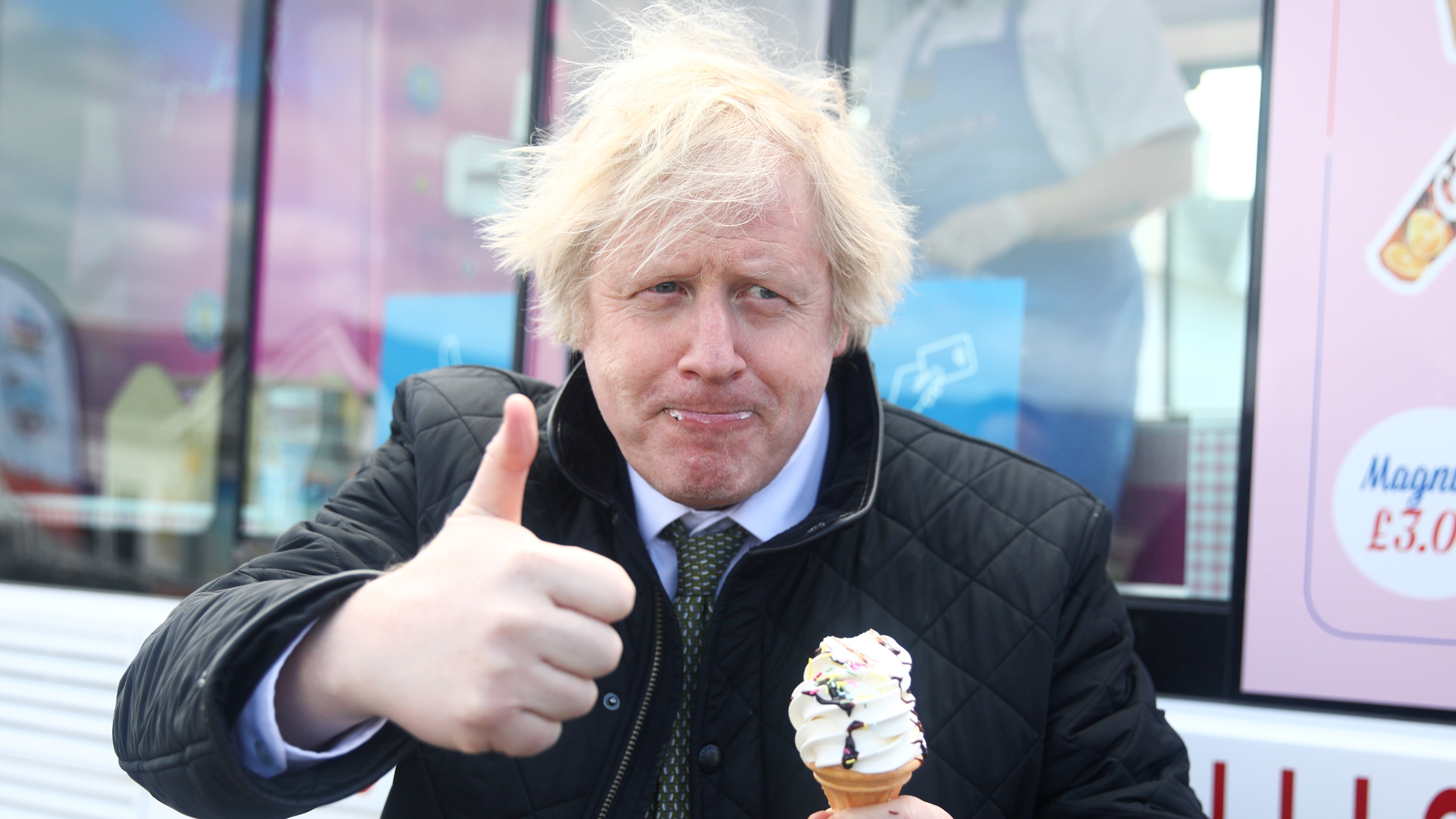 ‘Boris Johnson’s natural liberalism doesn’t extend to drugs’
‘Boris Johnson’s natural liberalism doesn’t extend to drugs’Instant Opinion Your digest of analysis and commentary from the British and international press
-
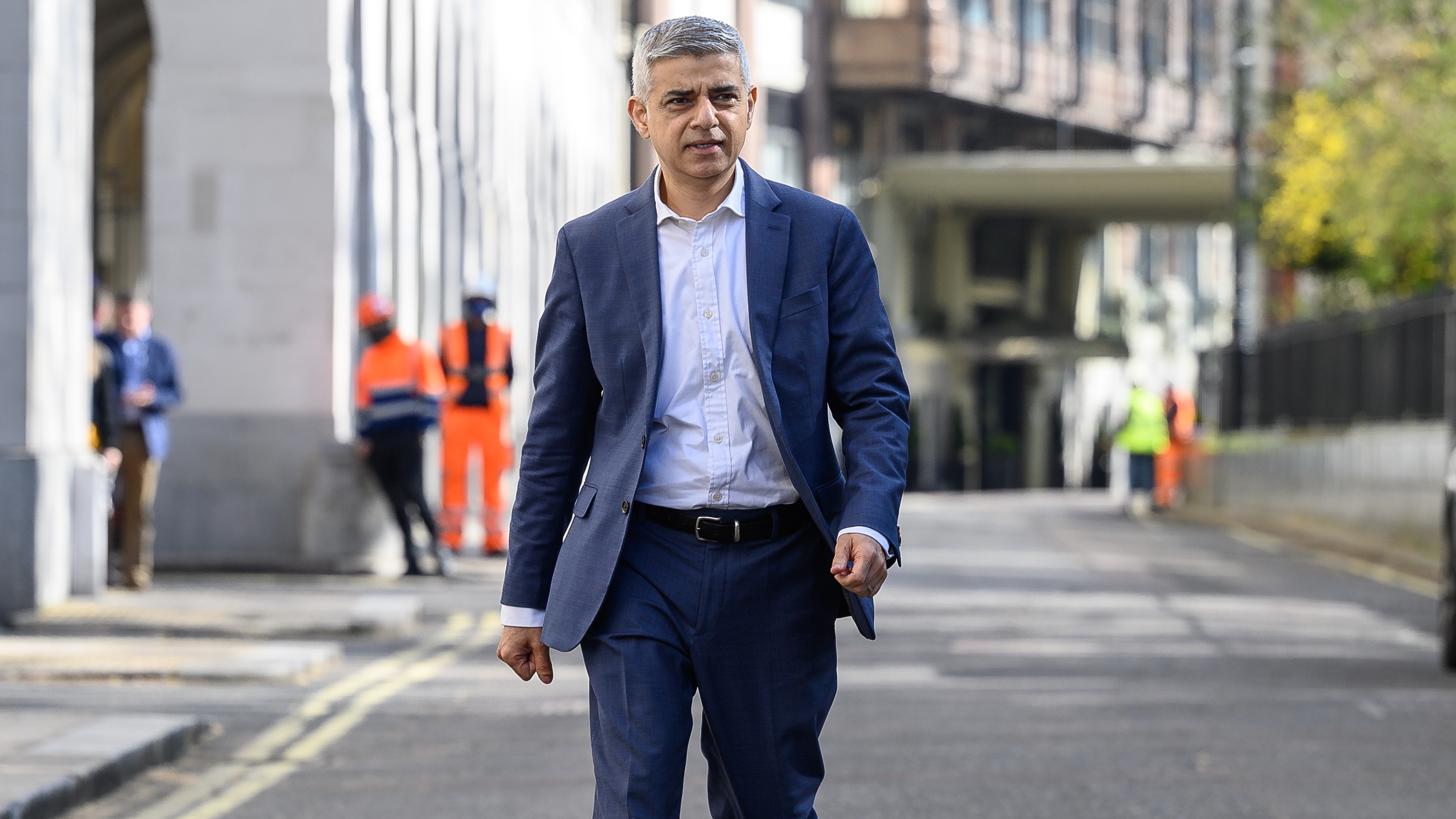 The benefits of cannabis legalisation
The benefits of cannabis legalisationIn the Spotlight London Mayor Sadiq Khan says there is widespread public support for decriminalisation of the class-B drug
-
 Cathedral livestreams memorial service for stray cat
Cathedral livestreams memorial service for stray catSpeed Read And other stories from the stranger side of life
-
 The Week Unwrapped podcast: Sporting genes, Colombia and orcas
The Week Unwrapped podcast: Sporting genes, Colombia and orcasIn Depth What does Caster Semenya’s latest defeat say about gender? Is Colombia slipping into conflict? And are killer whales turning against us?